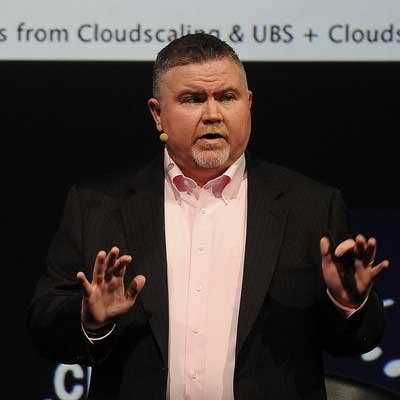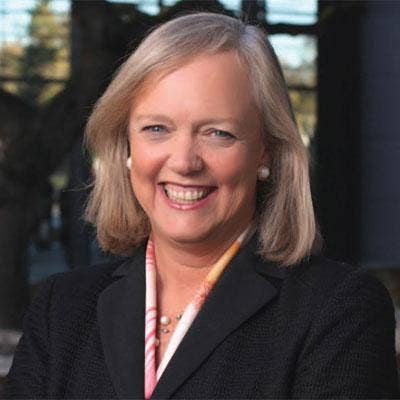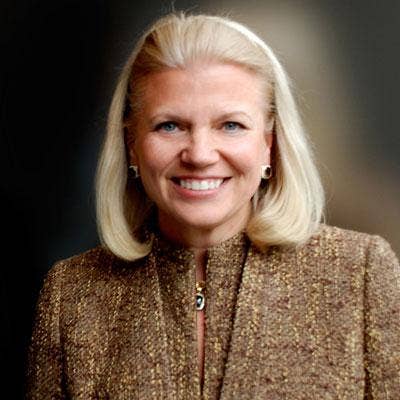An OpenStack Dozen: Who's Getting In The Game, Who's Hanging On, And Who's Bowing Out

Open Cloud Shuffle
OpenStack, the open-source IaaS technology with roots in NASA's Ames Research Center, is hailed by some as a force that will revolutionize the data center -- and written off as a malfunctioning delusion by others.
Either way, the cloud-building technology is at the heart of one of the most complex and dynamic software markets in the IT world.
Some of the forces shaping the complex vendor landscape result from the very nature of open-source markets, which don't behave the same as those for conventional proprietary technologies.
But OpenStack is also technically complex, and by all accounts the sprawling software is difficult to install and use. For that reason, vendors of OpenStack products and services are more dependent on cultivating expertise in delivering the solution -- whether internally or through partners -- than they are with almost any other product. Take a look at a dozen of them.

Mirantis
CEO: Adrian Ionel
Mirantis, based almost next door to Google in Mountain View, Calif., is the largest pure-play OpenStack developer out there, both measured in contribution to the project and market penetration.
A founding member of the OpenStack Foundation, a large portion of the company's revenue stems from its solutions practice through which it builds OpenStack clouds for customers.
Mirantis offers a popular OpenStack distribution along with a toolkit called Fuel for deploying, configuring and managing OpenStack clouds.

Piston Cloud
CEO: Jim Morrisroe
This San Francisco-based startup traditionally has focused on adding value to its OpenStack distro with features that automate the labor-intensive process of standing up and maintaining OpenStack clouds.
But with the release of its latest software package -- CloudOS 4.0 -- Piston says it's no longer a pure-play OpenStack vendor. That's because the new release expands the capabilities of the automation software to deploy big data engines onto bare metal.
Later in the year Piston plans to add capabilities in support of the Kubernetes container orchestration platform, further diversifying its offerings and positioning itself closer to the Docker ecosystem.

Nebula
CEO: Gordon Stitt
Nebula, for a while, was the darling of the OpenStack world.
The startup was founded by Chris Kemp, who, in his days as NASA's CTO of IT, co-founded the OpenStack project after envisioning an open-source cloud to power interactive government systems. With that illustrious pedigree, Nebula raised serious money from some of the most venerable venture-capital firms. And then, on April 1, the company posted on its website a message that startled the entire community: "Nebula is shutting down."
Nebula's peers warn against reading too much into its demise. The startup's approach of packaging OpenStack as an appliance, while creating interesting technological opportunities, was a doomed business model, they say.
Only time will tell if Nebula was the canary in the coal mine.

Cloudscaling
CEO: Randy Bias
The San Francisco-based vendor got off the ground as a pioneer in building custom cloud infrastructure and deploying OpenStack for large customers, including some cloud service providers. After that initial success, the company turned to software development and released its Open Cloud System based on OpenStack.
Cloudscaling scored some big partnerships and customers, but the company eventually struggled. Some say it was ahead of its time; others say its offering was incomplete.
EMC snatched it up in October for reportedly less than $50 million.

Metacloud
CEO: Sean Lynch
Another startup consumed by a behemoth looking to make its own cloud play, Pasadena, Calif.-based Metacloud offered an OpenStack distribution for building on-premise clouds along with hosted private cloud services.
The company, founded in 2011, aimed to provide users with a full public cloud experience and the security and control of a private environment.
In September, Cisco acquired Metacloud, part of a push from the networking leader to secure technology in support of its burgeoning Intercloud network.

Canonical
CEO: Jane Silber
This U.K.-based developer bundles its OpenStack distribution and integrations with its popular Ubuntu Linux distribution. The popularity of Ubuntu has helped Canonical become a force in the OpenStack market.
Earlier this year, Canonical turned its attention to its channel, recognizing the need to train partners in deploying OpenStack clouds.
OpenStack adoption is being slowed by the lack of partners with expertise in the cloud operating system, keeping the technology from realizing its full potential in the market, the company told CRN.

SUSE
President & General Manager:
The German Linux developer was one of the first to bring its own OpenStack distribution to market. Since then, SUSE has managed to maintain a large degree of independence through a series of acquisitions. The company recently released SUSE OpenStack Cloud 5.
The distribution has gotten some traction and is popular with developers who deploy the platform for early stage software testing.

Red Hat
CEO: Jim Whitehurst
The open-source software king was one of the first large developers to get involved with OpenStack and has used its muscle, open-source credibility and vast market reach to become a considerable force within the ecosystem.
Red Hat realized that the lack of expert solution providers was hindering OpenStack adoption. In June, it purchased eNovance, an OpenStack consultancy, for almost $100 million to help bring the technology to market.

Hewlett-Packard
CEO: Meg Whitman
HP has become the biggest contributor to OpenStack, currently generating almost 20 percent of the new code that's being integrated into the project, according to stackalytics.com, the OpenStack tracking site.
The Palo Alto, Calif.-based computing giant offers OpenStack environments through its Helion division, both as private cloud software and through a managed public cloud. HP also sells a converged Helion OpenStack appliance.
With powerhouses like HP now deeply involved in the project, doubts have emerged about the viability of pure-play startups that once were alone in the arena.

IBM
CEO: Ginni Rometty
IBM is another behemoth that has become an important OpenStack player.
Big Blue's Softlayer division runs the biggest public cloud that's powered by OpenStack. The technology is a major component of IBM's push to be a leader in the hybrid cloud market.

Rackspace
CEO: Taylor Rhodes
As a founding developer of OpenStack, the technology was almost exclusively in Rackspace's hands for a while.
Some say Rackspace, which recognized the potential of the software when it was in the hands of NASA, did more to advance the project than any other vendor, hailing it as a breakthrough that would allow challengers to step up to Amazon Web Services.
While the San Antonio-based service provider's influence has waned of late, Rackspace still runs one of the larger commercial implementations, while also selling a turnkey solution for private clouds.
According to stackalytics, Rackspace is the fifth-largest contributor to the project.

VMware
CEO: Pat Gelsinger
As weird as it might have sounded not so long ago, VMware is the seventh largest contributor to the OpenStack project, according to stackalytics.com.
That's hard to believe since when OpenStack came to prominence it was being touted as a technology that would allow users to virtualize their data centers without having to buy VMware's expensive solutions.
Two years after joining the community, in February, VMware released its first distribution.
VMware Integrated OpenStack was built to enable current VMware customers to use OpenStack while maintaining their legacy VMware environments and workloads.
And hell hasn't frozen over.